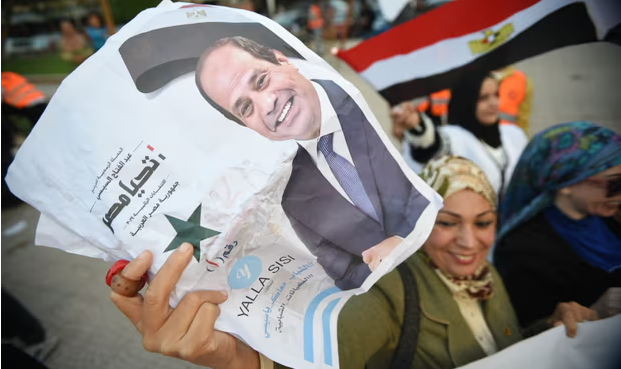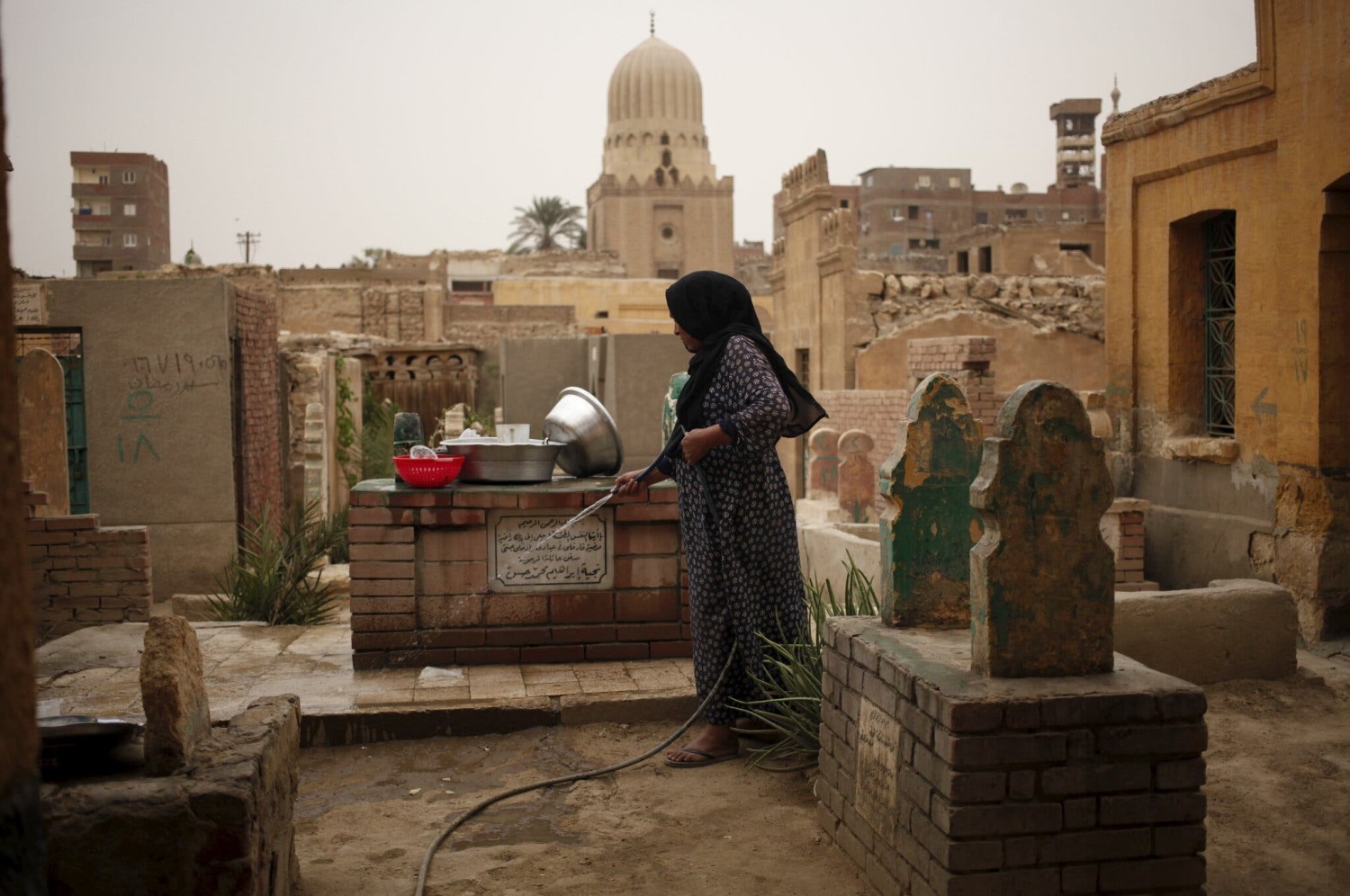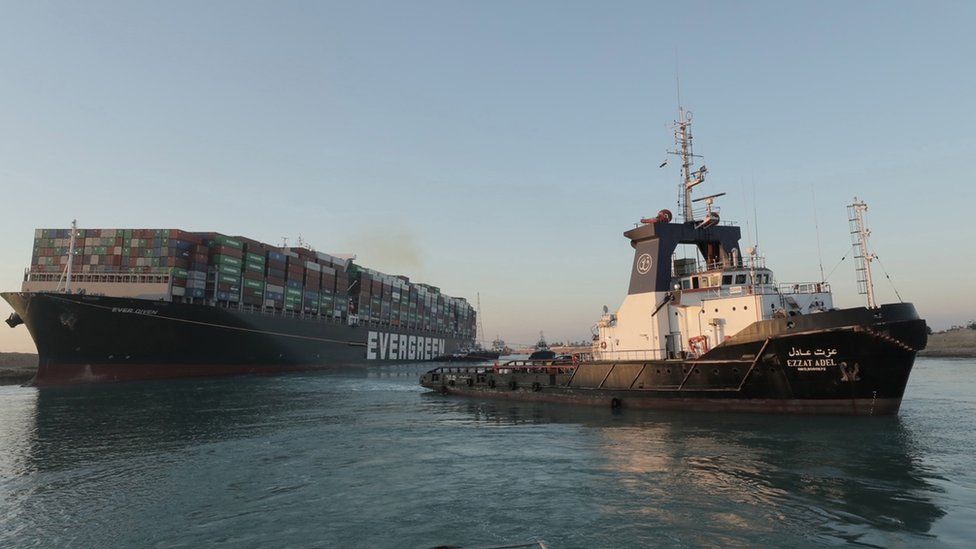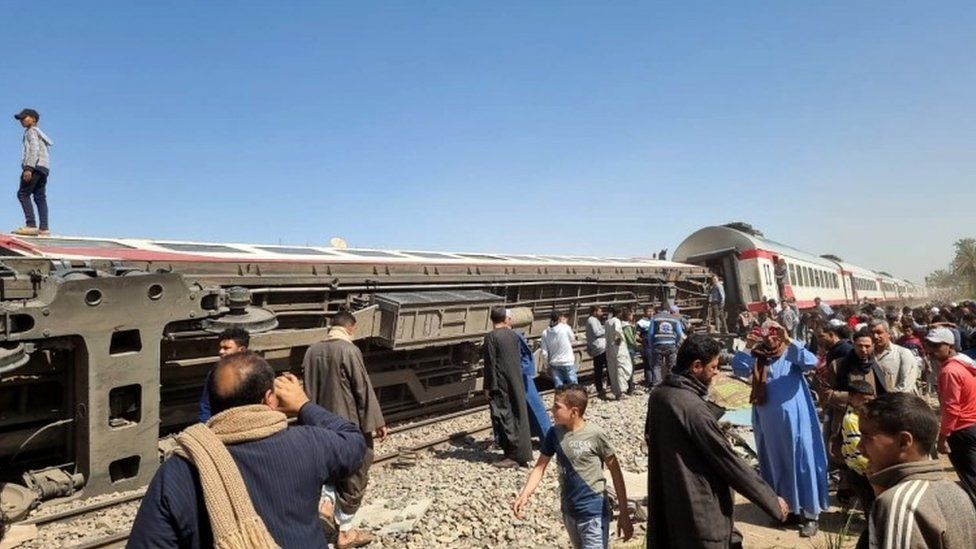This article is more than
1 year oldEgyptian President Abdel Fattah al-Sisi looks to extend iron-fisted rule after ten years in power
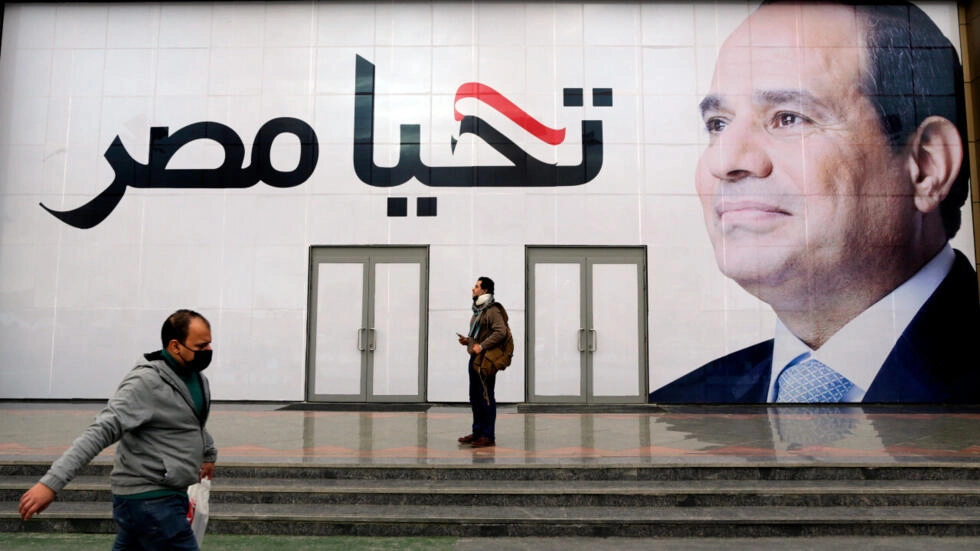
It has been more than ten years since Abdel Fattah al-Sisi overthrew Egypt’s first democratically elected president, the Islamist Mohamed Morsi, and he is still ruling the country with an iron fist.
Sisi’s opponents and supporters alike are convinced that he will win this year’s presidential election, set to take place from December 10-12. His victories in 2014 and 2018 saw him win over 96 percent of the vote, a track record that leaves little room for doubt on what is likely to happen this time around.
Another victory would see the former army chief hold on to power until 2030. Running for a third term was made possible when Sisi himself amended the Egyptian constitution in 2019, extending the presidential term from four years to six.
Rising in the ranks – all the way to the presidency
Born in Cairo in November 1954, Sisi was one of fourteen children raised in a conservative household. Son of a shopkeeper, he decided to pursue a military career at an early age, climbing the social ladder in a country ruled by the army. Spending much of his life out of the public eye, Sisi achieved prominence by becoming chief of staff of the Egyptian army and minister of defence in 2012.
The surprise promotion was granted by President Morsi, the first democratically elected Egyptian head of state, just over a year after former president Hosni Mubarak was ousted in the Arab Spring. At the time, Sisi was portrayed by the media as a pious Muslim compatible with the Muslim Brotherhood movement from which Morsi hailed. The reputation was largely built on Sisi’s family ties with Abbas Sisi, a disciple of Hassan al-Banna, founder of the Islamist group.
But Sisi’s rapid rise to power within the army would not have been possible if his close ties to the Brotherhood, under scrutiny by the Mubarak regime, gave rise to the slightest doubt.

Partly trained in the UK and the US, Sisi became a commander of the northern Egyptian military zone before moving up the ranks to take over as director of military intelligence and quickly established himself as the country’s strongman. In the aftermath of the mass uprisings that saw millions of Egyptians demand the immediate resignation of Morsi in early July 2013, Sisi issued an ultimatum to the former president and his cabinet. Without explicitly calling for Morsi to step down, he called on Egypt’s politicians to “meet the demands of the people” within 48 hours.
If Morsi refused, the armed forces (who were already in charge of the post-Mubarak transition) would be forced to “announce a roadmap for the future” and put an end to the revolution that had been boiling since 2011.
The Islamist president was deposed, arrested and imprisoned shortly after. But the bloody repression of protesters, many of whom supported the Muslim Brotherhood, would not be forgotten. Human Rights Watch described the widespread killing of demonstrators at the time a probable “crime against humanity”.
Morsi died in 2019 after collapsing in a Cairo court where he was attending a session in his trial.
Regarded by his admirers as humble and skilful – and by his detractors as distrustful and suspicious – Sisi left his military uniform behind for the suit and tie of de facto presidency.
For Egyptians opposed to the political Islam embodied by the Muslim Brotherhood, Sisi had saved the country from its grip.
Repression left, right and centre
Since Sisi’s sweeping victory in the May 2014 presidential election, opponents as well as local and international NGOs have accused the leader of wanting to return to an autocratic regime. They say that since he came into power, “repression has been reaching unprecedented levels”.
In a report published on October 2, six international and local human rights organisations called out the “widespread and systematic use of torture” by Egyptian authorities that amount to what they consider “a crime against humanity under customary international law”.
Running parallel to his repressive political stranglehold, Sisi also launched a series of gargantuan projects aimed at extolling the greatness of Egypt and flattering the nationalist sentiments of his compatriots.

Among these ambitious undertakings was the modernisation of the country’s roads and electricity infrastructure, as well as the construction of a new administrative capital located in the desert about 50km from Cairo. Ironically nicknamed “Sisi City”, construction was due to be completed in 2020 but is still in its first phase.
In August 2015, the president unveiled a plan for a giant expansion of the Suez Canal – another flagship project intended to symbolise a “new Egypt”. Costing some €7.9 billion, the project was completed on time in less than a year.
The new Suez Canal brought in netted record revenues of around €8.6 billion between 2022 and 2023, leading Sisi to promise prosperity and security for all Egyptians.
But in a country plagued by an unprecedented economic crisis and at risk of defaulting on its foreign debt, that is not an easy promise to keep.
Egypt relies heavily on revenues from Ukrainian and Russian tourists, so when the war broke out in February 2022, its economy was hit hard. The number of yearly tourists from both countries plummeted from 35 to 40 percent, according to local figures. Egypt is also the world’s leading importer of wheat. When prices soared as a result of the war, the country’s economy bore the brunt.
In the ten years Sisi has been in power, Egypt and its 105 million inhabitants – largely reliant on a steady drip of Saudi Arabian aid – have been plagued by poverty.
A key ally for the West
Despite his shortcomings, Sisi is still seen as a guarantor of stability and security in the region by many international leaders. Turning a blind eye to his human rights abuses, the West sees him as a key ally in what they consider an otherwise chaotic Middle East.
This is even more the case since Hamas's bloody attacks on Israel on October 7 and Israel's ensuing invasion of the Gaza Strip. During the week-long ceasefire in Gaza from November 24-30, hostages held by Hamas were directed south of the enclave to Egypt. The Rafah crossing on the border between the Gaza Strip and Egypt is also where humanitarian aid is transported into the Palestinian territory.
Read moreThe Gaza-Egypt Rafah crossing explained: ‘It is not a normal border’
Back in 2014, the pragmatic Sisi kept a low profile when the West protested his power grab. The US and Europe didn’t congratulate him after his election victory, though they did stress the need to get back to respecting human rights as soon as possible.

In response, Sisi sided with Russian President Vladimir Putin. In November 2014, a month after the US froze military and financial aid to Egypt, the Kremlin announced it would deliver air defence systems to the country and said talks to deliver military aircraft were under way.
A shrewd strategist, Sisi knows that the West cannot turn its back on the most populated Arab country for too long. Egypt is both a strategic intermediary in the Israeli-Palestinian conflict and a key ally in the fight against terrorism.
The fight against Islamic militants has moved the cursor for how world leaders see Sisi, especially in the case of the US. After years of strained ties under the Obama administration, former US President Donald Trump congratulated the Egyptian leader in 2016. "I just want to let everybody know in case there was any doubt that we are very much behind President Sisi. He’s done a fantastic job in a very difficult situation. We are very much behind Egypt and the people of Egypt," Trump said during Sisi’s first official visit to the US in April 2017.
When Sisi visited France in October of 2017, French President Emmanuel Macron claimed he did not want to “lecture” his Egyptian counterpart on human rights.

Between 2010 and 2019, Egypt imported €7.7 billion in French weapons, according the parliament.
Securing the Sinai, another empty promise
Like his military predecessors, Sisi is obsessed with acquiring modern weaponry and securing his borders. This is increasingly the case as his neighbours – Libya, Sudan, Israel and the Gaza Strip – are all affected by ongoing conflict.
For years, Egypt has been battling a jihadist insurgency in its Sinai region, a peninsula located in the northeast of the country. According to the opposition, this ongoing threat to Egypt’s internal security is being instrumentalised by authorities to restrict civil liberties.
In 2018, Sisi launched a vast “anti-terrorist” operation in the areas where Islamist radicals are rife – some of whom have pledged allegiance to the Islamic State group – but so far in vain. The Sinai is still a security headache for Sisi, who stands behind yet another empty promise.
This article is a translated version of the original in French.
Keywords
Newer articles
<p>A bill that will ban TikTok in the United States unless its Chinese owner divests from the company has passed overwhelmingly.</p>
Congress gets closer to forcing TikTok to be sold or face US ban: What's ne
Israel Iran attack: Damage seen at air base in Isfahan
Ukraine ‘will have a chance at victory’ with new US aid, Zelenskyy says
Who will be Trump’s VP? A shortlist
Ukraine war: Kyiv uses longer-range US missiles for first time
House passes potential TikTok ban that could speed through Senate
How soon could US ban TikTok after Congress approved bill?
Caught between Israel and Iran, Jordan clings desperately to stability
Congress passes bill that could ban TikTok after years of false starts
